Has the Huey, Dewey and Louie effect taken over CBS? Three female professors think so

For 20 years, women’s representation among professors hasn’t improved one jot. They still represent 20 percent of the professors. How can CBS change that? Well, if you ask three female professors it’s clear.
“The former head of department, Børge Dahl said to me: ‘Ruth, if you want a professorship, you have to get a doctorate.’ I would never have become a professor without the dr.jur.degree, but plenty of men got professorships without a doctorate. Just ask the professors that are men here at CBS LAW whether they’ve got a doctorate in law. Many will say that they don’t,” says Ruth Nielsen.
Ruth Nielsen has been a Professor of EU law, labor law and equality law at CBS for 26 years, and when she wanted to get her degree, she experienced obvious differences in how men and women were treated. Luckily, that has changed.
“The generation of PhDs that came after me didn’t experience this. So you have younger female professors who didn’t have to get the doctorate before obtaining a professorship,” she says.
However, when it comes to gender equality among professors at CBS not everything has changed for the better over the years.
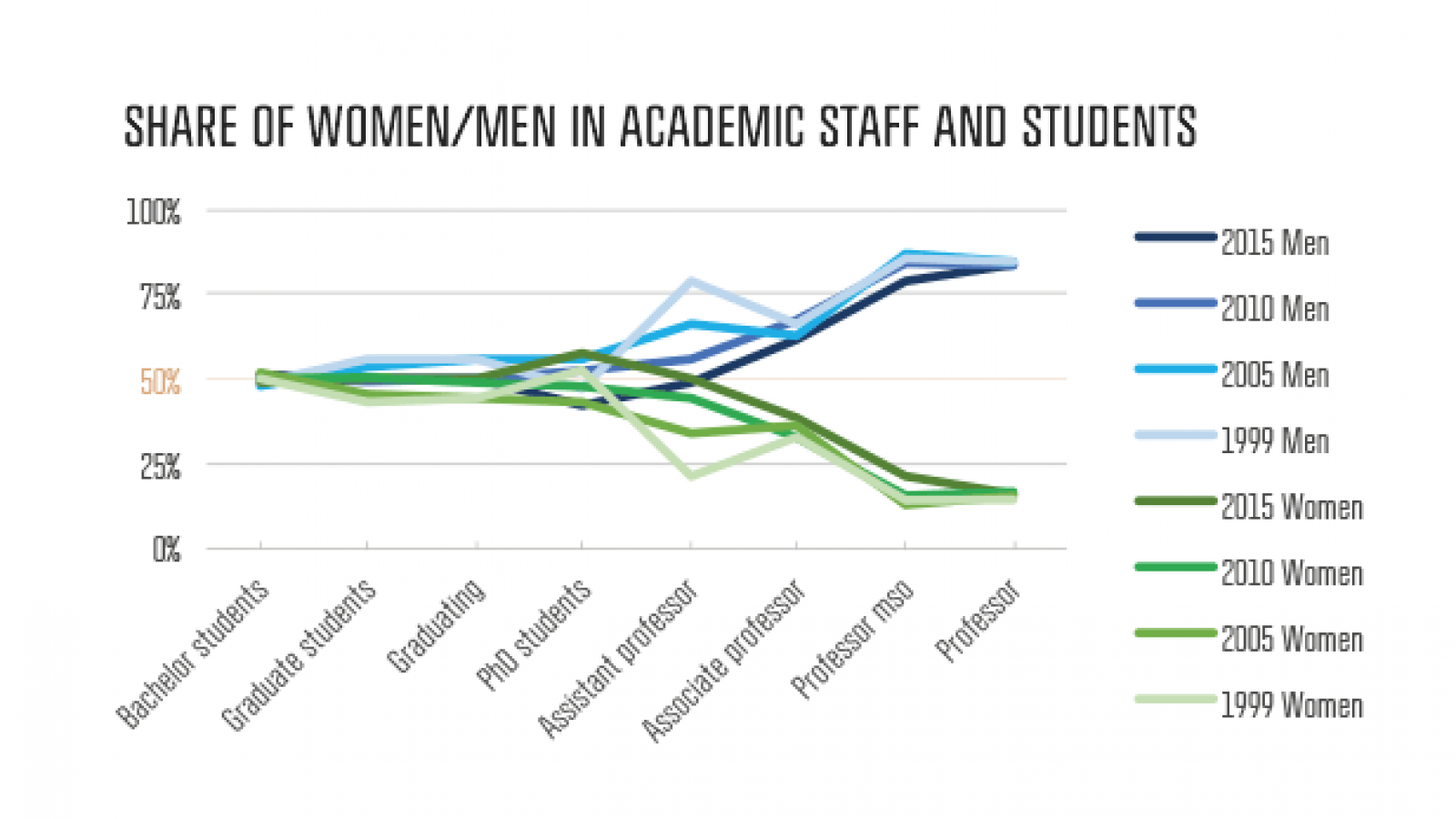
In 1989, CBS got their first female professor, Hanne Hartvig Larsen. However, since 1999, the number of female professors hasn’t improved. Not one jot. Women have represented about 20 percent of the professorships at CBS for 20 years. So how can CBS change the figures and encourage more women to take up professorships?
It’s International Women’s Day on March 8, and the CBS Business in Society Platform, Diversity & Difference is hosting an event where they will discuss exactly this issue among others. But before the event, we got hold of Ruth Nielsen, Majken Schultz, Professor of Management and Organization, and Britta Gammelgaard, Professor of Supply Chain Management, to get their views and suggestions on how to get more female professors.
Majken Schultz obtained her professorship at the age of 36, and has been a professor at CBS for 23 years. She points out that she’s been “lucky” to have worked in two very gender-diverse departments at CBS. However, she knows it’s not like that for everyone.
“When I look outside the Department of Organization, where I’m currently employed, I’m reminded that CBS is very male-dominated. I’m just looking at the list of staff members at the Department of Finance. They don’t have one single female professor. That’s shocking,” she says on the phone and explains that an environment where there is a majority of men may influence female researchers’ incentives to take up a professorship.
“If you’re a young female researcher it can seem overwhelming to be in an environment mostly made up of men, as it’s difficult being in the minority,” she says.
Huey, Dewey and Louie watched Formula 1
Britta Gammelgaard is the only female full professor in her department, the Department of Operations Management, and she notes that it’s been a long while since a woman was employed at the department.
“We did have quite a few female PhD students and assistant professors a few years back, but they aren’t here anymore. We need female PhD students first if we want to have more female professors, that’s for sure,” she says.
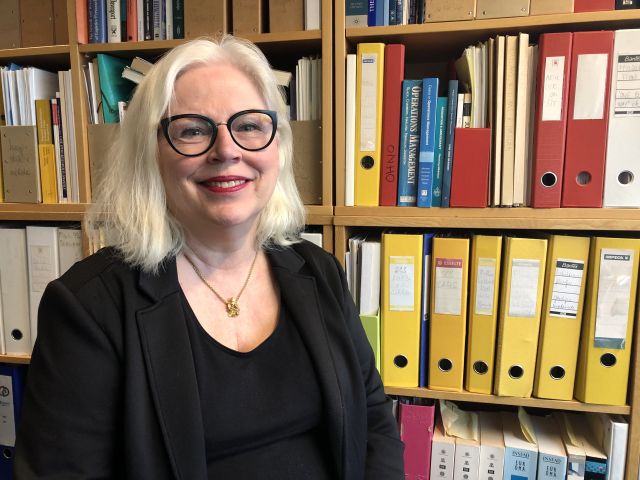
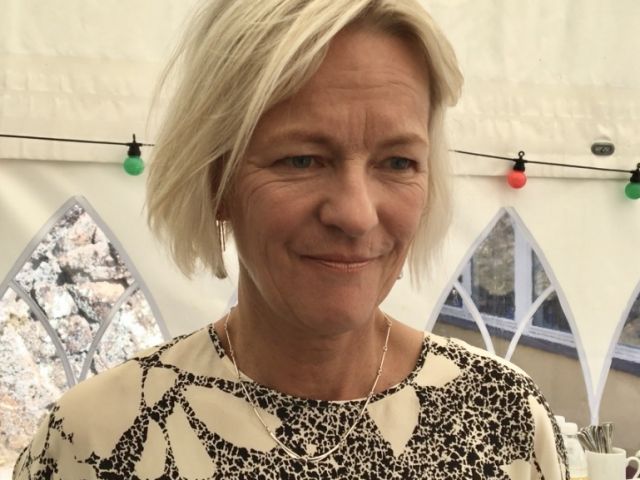
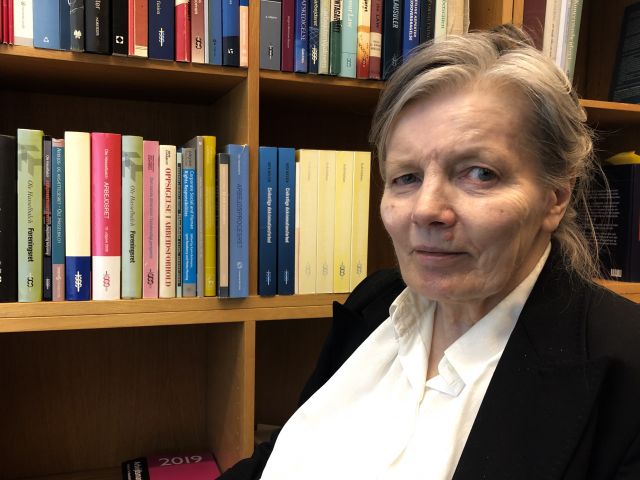
When asked why she thinks so few women are professors in general, and what men are especially good at since they obtain about 80 percent of the professorships, she replies:
“I think it’s about network and friendship. And this is not necessarily to be seen as a bad thing. It’s about thriving among people who look like you. Like men who watch football and Formula 1, you could say. I’m not an expert. This is just based on my own observations throughout my career,” says Britta Gammelgaard.
Majken Schultz refers to this as the Huey, Dewey and Louie effect, where men hire other men. And this is an effect that Ruth Nielsen has observed too.
“If it’s men who have the final word in the hiring process, they’ll probably go for someone who looks like them. An old man can’t recognize himself in a younger, female researcher,” she says.
Job descriptions for men
To get a professorship, a chair needs to be advertised. And it’s not because there aren’t enough professorships being offered in order to have more women to take up a professorship. It’s the content of the job descriptions that seems to be the problem, the three professors point out.
“When you create a job description, you choose a field of research. And by doing that you’re influencing what kind of candidates can apply. It’s super important how the fields are framed to ensure that women apply for the position too,” says Majken Schultz.
If CBS doesn’t succeed in retaining young female researchers, one could argue that it’s a waste of talent and money
Ruth Nielsen
Ruth Nielsen gives a good example of this.
“Let’s say you do a professorship in maritime law, and you know there’s at least one male candidate within CBS for the job. However, you don’t mention in the job description that candidates within environmental law can apply for the position too, so women with knowledge within that field don’t apply,” she says.
Ruth Nielsen proposes that departments must have applicants from both sexes before they can begin the actual hiring process.
“In that way, you at least ensure that the job description is attractive to both sexes, and that you don’t start off a hiring process with no female candidates,” she says.
According to Britta Gammelgaard, it’s not clear what the gender balance is among the applicants who apply for professorships and other academic positions at her department. She thinks, however, that it would help a great deal to have transparency in the recruitment process.
“If the department published data on how many men and women applied for the positions, it would give us a much better idea of whether we have a problem with gender balance from the start,” she says.
Bring out the role models
An inclusive job description by itself, however, is not the answer to getting more women to obtain a professorship. As stated above, the Huey, Dewey and Louie effect comes into play, and it also works the other way around.
“If you as a woman see that the department is 90 percent men, you might think twice before applying. This is why the discussion about role models is particularly important. Because if there’s not a single female professor in the department, then you would question whether you could become one. It becomes self-perpetuating,” says Majken Schultz.
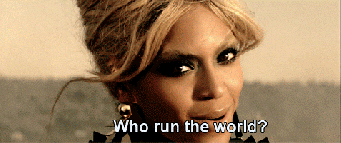
This is why Britta Gammelgaard spends a lot of time talking about what it’s like to work as a professor, as a lot of students don’t seem to know. And being informed may be the first step in getting more women to apply for a PhD.
“If women just think that being a professor is a job of men, and they don’t quite know what it’s all about, then we won’t have more women applying to become PhD students, which is the first step on the academic career path,” she says and continues:
“Apart from having extremely clever colleagues whom I can have interesting conversations with, I also have colleagues around the world, who I have met when I have been at conferences presenting my work, which we’re supposed to do. And then I see what’s coming up within my field, even before it’s published. That’s fascinating, I think.”
CBS loses out on talent and money
When the former President of CBS, Per Holten-Andersen, had his farewell reception on Thursday February 27, a symposium took place. The symposium consisted of a panel with five panelists. Two male CBS professors, three external women, and a male moderator. This noticed Majken Schultz.
“What CBS needs to become better at is highlighting the female professors we’ve already got. No female professors were on the panel, and that was kind of ironic,” she says.
In Britta Gammelgaard’s department, aspiring female researchers seem to have disappeared, and that’s like throwing talent and money out of the window, argues Ruth Nielsen.
“If CBS doesn’t succeed in retaining young female researchers, one could argue that it’s a waste of talent and money. CBS would get value for money by keeping female researchers in the system and giving them offers to take up professorships,” she says.
All the things the three professors mention are not done with open eyes. The structures ruling the academic world are often done unconsciously.
“No man has ever told me that I couldn’t get this bonus or that position because of my gender. And no one would say things like that. This being said, I have of course experienced some things throughout my career that made me think: ‘Hmmm, does this behavior have anything to do with my gender?’ But I can’t prove it, and I don’t think that men think about these things. I often think it happens unconsciously,” says Britta Gammelgaard.





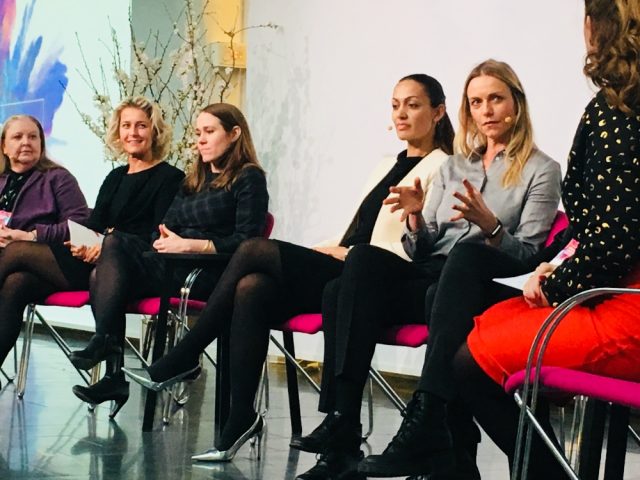


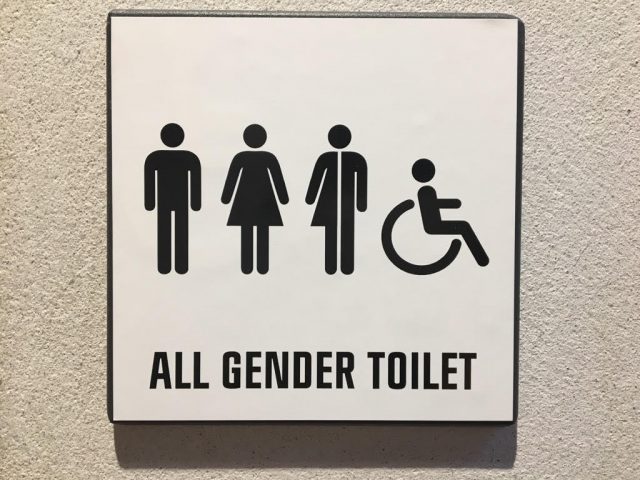
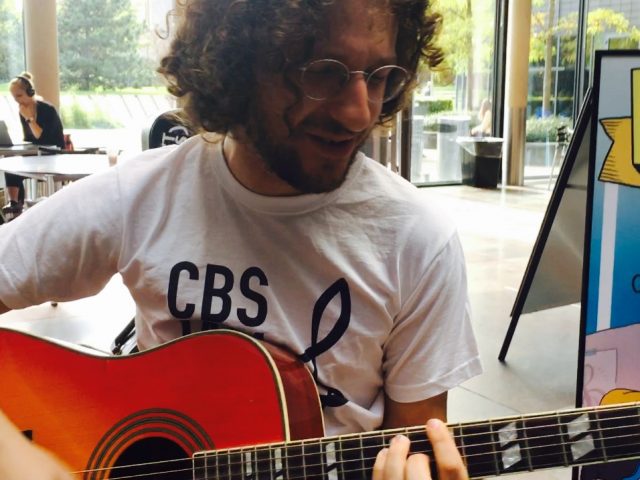

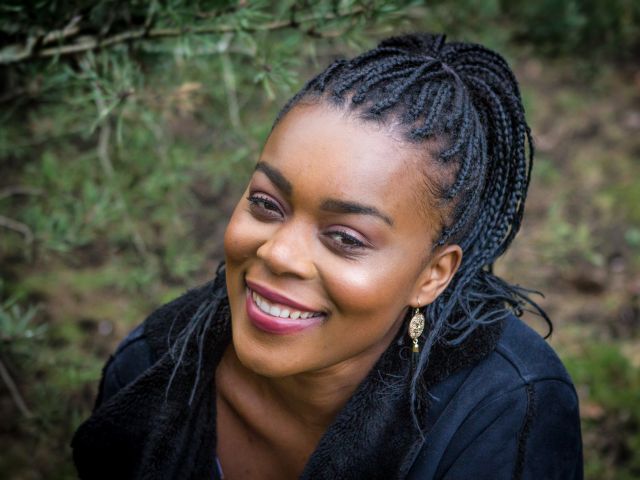




























































































































Comments